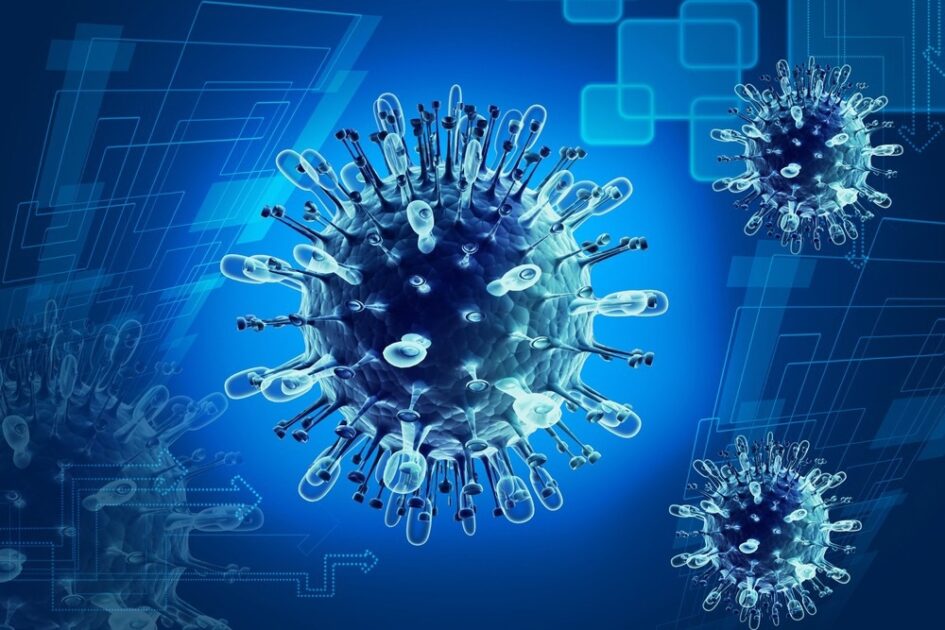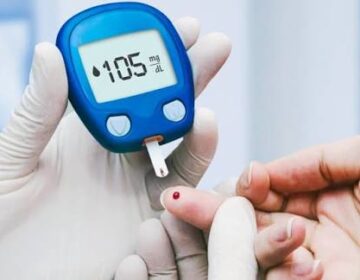A Japanese study has found that one group of people lose vaccine protection more quickly than others, even though they begin with higher antibody levels.
Two healthcare workers receive COVID-19 vaccines on the same day. Both develop strong antibody responses at first, but six months later, one remains protected while the other becomes infected.
The researchers monitored antibody responses after vaccination and identified four distinct patterns following the first booster. Those with the highest initial antibody levels but the steepest decline were more likely to get infected sooner. Individuals with lower concentrations of IgA(S) antibodies, which help defend the nose and throat, also faced a greater risk.
These findings indicate that tracking how antibodies change over time could help pinpoint people who are more susceptible to infection.
The study, led by scientists at Nagoya University in Japan, followed 2,526 participants over an 18-month period to examine immune responses from the first vaccine dose through subsequent boosters. Using long-term data and AI-driven analysis, the team built a mathematical system to classify immune responses, making them the first to define and characterize a group they called “rapid-decliners.”
The results showed four consistent immune response types: durable responders, who maintained high antibody levels; rapid-decliners, who began with strong responses but lost them quickly; vulnerable responders, who generated low antibody levels that declined rapidly; and intermediate responders, who fell between these groups.







